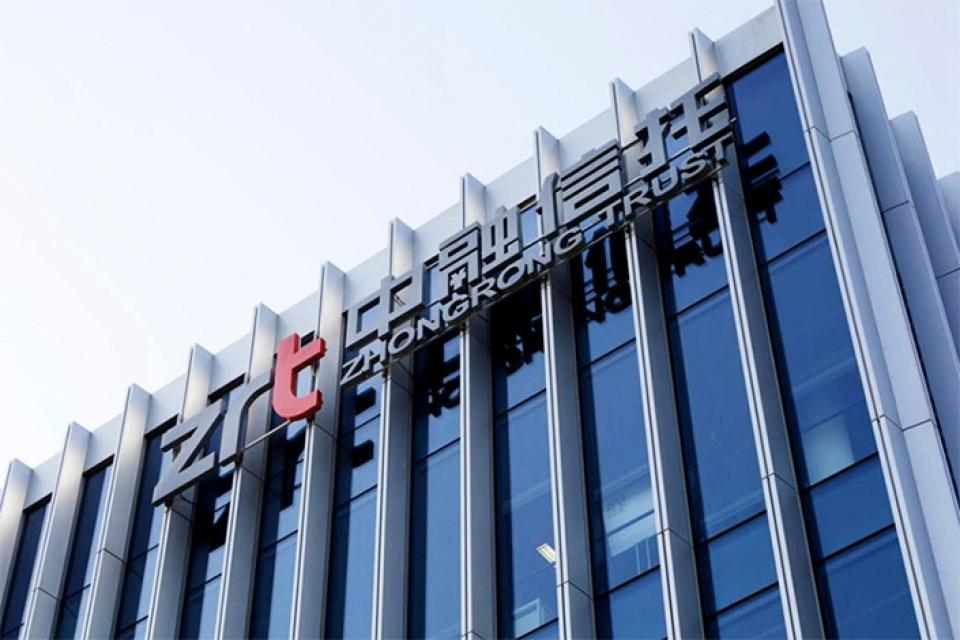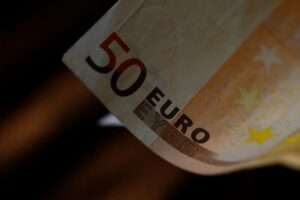China’s Economic Boost: Bank Bailouts and Worker Aid
China is ramping up its economic support efforts as the ruling Communist Party prepares to commemorate the 75th anniversary of the founding of the People’s Republic. The government is targeting banks, workers, and low-income families to bolster the economy amidst ongoing challenges.
Major Bank Recapitalization
Recent reports from the South China Morning Post and Bloomberg indicate that the Chinese government plans to allocate approximately 1 trillion yuan ($142 billion) to recapitalize six major state-owned banks. These reports, citing unnamed sources, follow a statement by Li Yunze, head of the National Financial Regulatory Commission, affirming that regulators would increase capital at these banks. The banking sector has faced pressure due to defaults by real estate developers, a consequence of the crackdown on excessive borrowing in recent years.
Addressing Economic Challenges
Li emphasized the need to coordinate various channels, both internal and external, to replenish capital as banks’ interest margins and profits have diminished. In light of these economic challenges, President Xi Jinping and other top leaders convened a quarterly meeting on the economy, acknowledging the emergence of “some new situations and problems.” They pledged to focus on supporting new college graduates, migrant workers, the unemployed, the elderly, and individuals with disabilities.
Stimulus Measures and Market Reactions
This capital injection for banks is part of a broader stimulus initiative for China’s economy, which is striving to regain momentum following the COVID-19 pandemic. Financial markets responded positively to the announcements, with Hong Kong’s Hang Seng index jumping 4.2%, the Shanghai Composite index surging 3.6%, and the Shenzhen market also up 4.2%. Other markets across Asia and Europe also recorded significant gains.
Reviving the Property Sector
The latest measures to stimulate growth began earlier this week when officials from the central bank and various government agencies announced a series of initiatives aimed at reviving China’s struggling property sector and supporting financial markets. These measures included lowering bank reserve requirements, reducing interest rates, and minimizing down payments for certain mortgages.
Calls for Comprehensive Economic Strategies
Following the Politburo meeting, a statement called for “additional policies” to address newly emerging problems. However, Julian Evans-Pritchard from Capital Economics noted uncertainty about whether these policies would encompass the large-scale fiscal support necessary to stabilize growth.
Confidence Restoration Ahead of National Day
China’s leaders are eager to demonstrate decisive action to restore confidence in the economy as the Oct 1 National Day holiday approaches, marking 75 years since the communists took power in 1949. Additionally, the government has announced special “living allowances,” or cash handouts, for impoverished families ahead of the National Day celebrations. While the Civil Affairs Ministry has not specified the amount, such subsidies are typically rare, though the Communist Party sometimes provides financial aid to families during significant occasions.
A Comprehensive Approach to Economic Work
The statement released after the Politburo meeting urged a comprehensive and objective evaluation of the current economic situation. It called for facing challenges head-on, strengthening confidence, and enhancing the sense of responsibility and urgency in economic efforts.














Post Comment